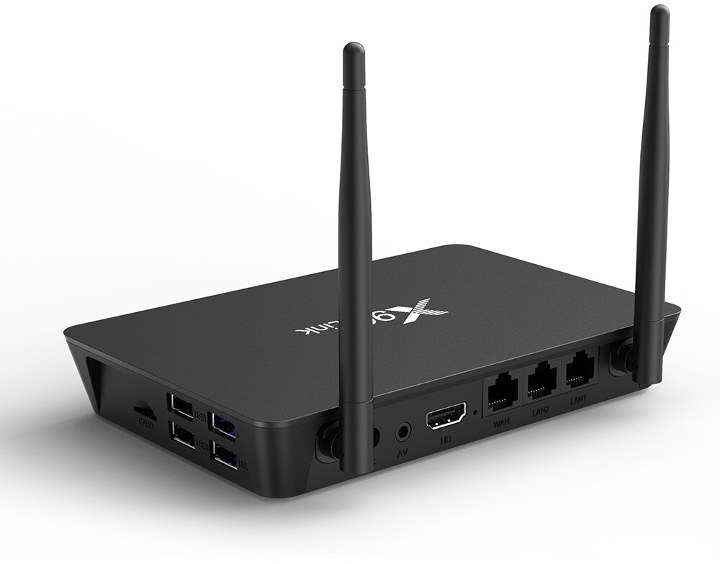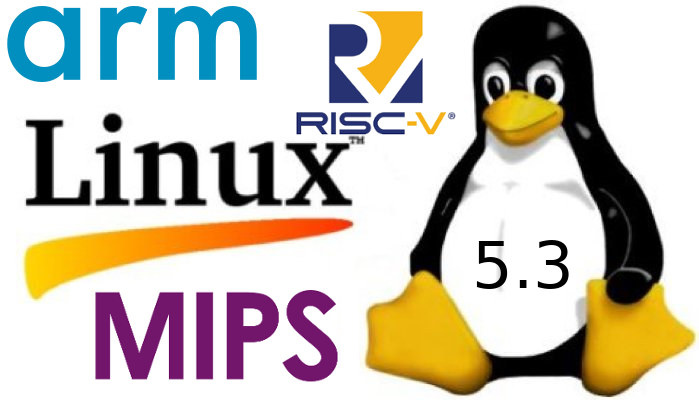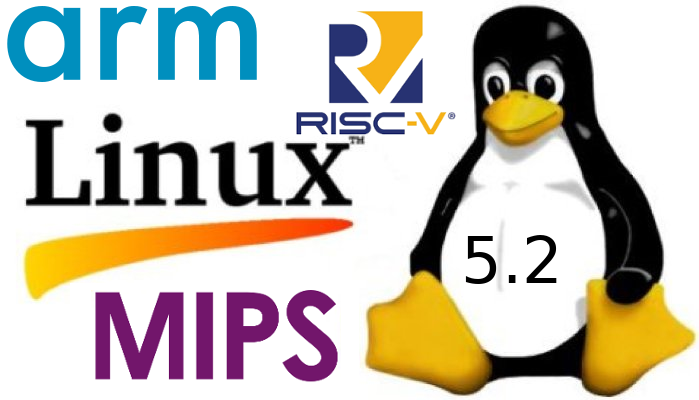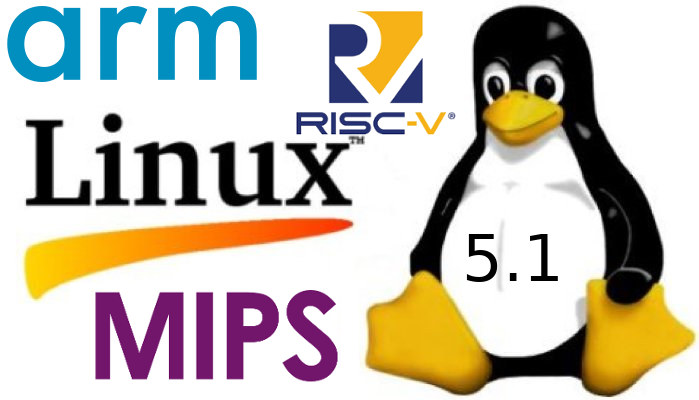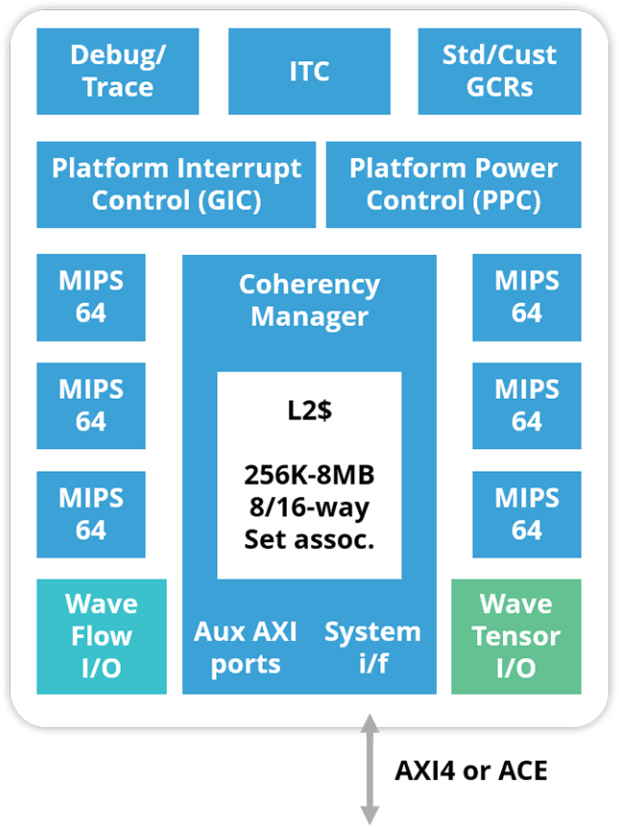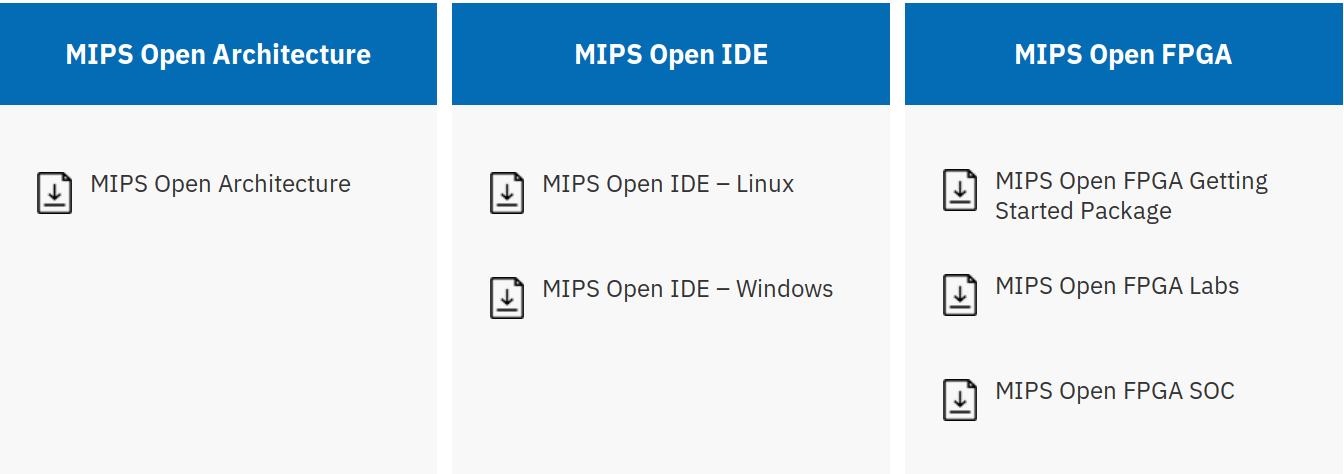Most TV boxes come with WiFi and/or Ethernet to access the Internet or local network in order to stream videos, but there are a few rare exceptions with TV boxes also acting as router such as Zome ZMT-330A we covered way back in 2014 with two Ethernet ports. Shenzhen Tomato informed me about another TV box router product dubbed Nut Link powered by Amlogic S905W processor and equipped with not two but three Ethernet ports. A quick web search reveals the device is better known as X96 Link and sells for as low as $39 shipped on sites like GearBest or Aliexpress. X96 Link specifications: SoC – Amlogic S905W quad-core Arm Cortex-A53 processor with penta-core Mali-450MP GPU System Memory – 2GB DDR3 Storage – 16GB eMMC flash, MicroSD card slot Video & Audio Output – HDMI 2.0a port up to 4K @ 60 Hzm AV port for composite video and […]
PrinCube Said to Be Smallest Handheld Smartphone Color-Inkjet Printer That Prints on Anything (Crowdfunding)
PrinCube the smallest, color-inkjet printer on the market. PrinCube is a portable handheld color ink-jet printer that is palm-sized, wirelessly controlled by a smartphone, and easy to set up. The IndieGoGo campaign has exploded to more than $2,000,000.00 USD and featured on a number of tech sites. Article Intent For clarity and function of the PrinCube abilities, there needs to be a careful examination of the facts that surround wireless, handheld, color inkjet, printer, that can print on any surface. Other Handheld, Smartphone, Color-Inkjet Printers There is another product, similar to PrinCube, PrintBrush, which is also a handheld wireless color inkjet printer, connected to a smartphone. It should be noted that while PrinCube is a very popular campaign, PrintBrush, which came out earlier than PrinCube, has very similar claims. It is worth looking over the websites for both printers Here are the campaigns PrintBrush XDR- Colors Everywhere on Kickstarter PrinCube […]
Linux 5.3 Release – Main Changes, Arm, MIPS & RISC-V Architectures
Linus Torvalds has just announced the release of Linux 5.3: So we’ve had a fairly quiet last week, but I think it was good that we ended up having that extra week and the final rc8. Even if the reason for that extra week was my travel schedule rather than any pending issues, we ended up having a few good fixes come in, including some for some bad btrfs behavior. Yeah, there’s some unnecessary noise in there too (like the speling fixes), but we also had several last-minute reverts for things that caused issues. One _particularly_ last-minute revert is the top-most commit (ignoring the version change itself) done just before the release, and while it’s very annoying, it’s perhaps also instructive. What’s instructive about it is that I reverted a commit that wasn’t actually buggy. In fact, it was doing exactly what it set out to do, and did it […]
Linux 5.2 Release – Main Changes, Arm, MIPS & RISC-V Architectures
Linus Torvalds announced the release of Linux 5.2 last Sunday: So I was somewhat pre-disposed towards making an rc8, simply because of my travels and being entirely off the internet for a few days last week, and with spotty internet for a few days before that [*]. But there really doesn’t seem to be any reason for another rc, since it’s been very quiet. Yes, I had a few pull requests since rc7, but they were all small, and I had many more that are for the upcoming merge window. Part of it may be due to the July 4th week, of course, but whatever – I’ll take the quiet week as a good sign. So despite a fairly late core revert, I don’t see any real reason for another week of rc, and so we have a v5.2 with the normal release timing. There’s no particular area that stands […]
Debian 10 “Buster” Released
If you’re a recent owner of a Raspberry Pi 4 SBC, you should have had an early taste of Debian 10 “Buster”, since the Raspberry Pi Foundation decided to release their Raspbian “Buster” image before the actual release in order to lower software development costs. Debian developers have only just announced the release of Debian 10 “Buster”. The new version of Debian supports various desktop environments including Cinnamon 3.8, GNOME 3.30, KDE Plasma 5.14, LXDE .99.2, LXQt 0.14, MATE 1.20, and Xfce 4.12. Besides the official announcement Debian also posted tidbits on their Twitter feed, where we learn for example that “Debian 10 buster has 28,939 source packages with 11,610,055 source files”. Officially supported architectures for Debian 10 include i386 and amd64 for x86 targets, arm64, armel and armhf Arm architectures, as well as various other architectures including MIPS (mips64el, mipsel…), PowerPC (ppc64el), and IBM System z (s390x). One notable […]
Linux 5.1 Release – Main Changes, Arm, MIPS & RISC-V Architectures
Linus Torvalds has just announced the release of Linux 5.1: So it’s a bit later in the day than I usually do this, just because I was waffling about the release. Partly because I got some small pull requests today, but mostly just because I wasn’t looking forward to the timing of this upcoming 5.2 merge window. But the last-minute pull requests really weren’t big enough to justify delaying things over, and hopefully the merge window timing won’t be all that painful either. I just happen to have the college graduation of my oldest happen right smack dab in the middle of the upcoming merge window, so I might be effectively offline for a few days there. If worst comes to worst, I’ll extend it to make it all work, but I don’t think it will be needed. Anyway, on to 5.1 itself. The past week has been pretty calm, […]
MIPS Based TritonAI 64 AI IP Platform to Enable Inferencing & Training at the Edge
After announcing their first MIPS Open release a few weeks ago, Wave Computing is back in the news with the announcement of TritonAI 64, an artificial intelligence IP platform combining MIPS 64-bit + SIMD open instruction set architecture with the company’s WaveTensor subsystem for the execution of convolutional neural network (CNN) algorithms, and WaveFlow flexible, scalable fabric for more complex AI algorithms. TritonAI 64 can scale up to 8 TOPS/Watt, over 10 TOPS/mm2 using a standard 7nm process node, and eventually would allow both inference and training at the edge. The platform supports 1 to 6 cores with MIPS64r6 ISA boasting the following features: 128-bit SIMD/FPU 8/16/32/int, 32/64 FP datatype support Virtualization extensions Superscalar 9-stage pipeline w/SMT Caches (32KB-64KB), DSPRAM (0-64KB) Advanced branch predict and MMU Integrated L2 cache (0-8MB, opt ECC) Power management (F/V gating, per CPU) Interrupt control with virtualization 256b native AXI4 or ACE interface Here’s the […]
Wave Computing Announces the First MIPS Open Source Release
In a surprise announcement last year, Wave Computing revealed their plans to open source MIPS architecture, and more specifically the new MIPS Release 6 architecture. The company has now started to deliver the goods with the release of the first MIPS Open Program components. Specific components of the first release include: MIPS ISA – The latest R6 version of the MIPS 32-and-64-bit architecture, including extensions such as virtualization, multi-threading, SIMD, DSP and microMIPS code compression MIPS Open Tools – Integrated development environment for embedded real-time operating systems and Linux-based systems for embedded products that enable developers to build, debug and deploy applications on MIPS-based hardware and software platforms; MIPS Open Field Programmable Gate Arrays (FPGAs)– A complete training program for community members that includes: Getting Started Package – Provides the MIPS FPGA system as a set of Verilog files, plus an overview and instructions on how to use the MIPS […]

